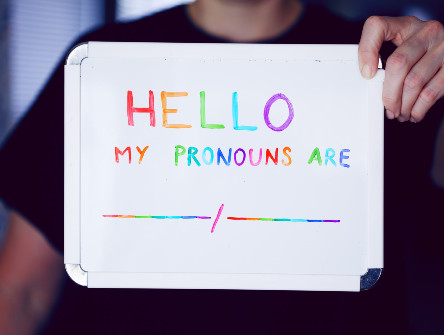Addressing human rights abuses
Canada needs to make human rights due diligence mandatory for corporations operating at home and abroad.

In an era of heightened corporate responsibility and accountability, mandatory human rights due diligence is quickly becoming a hard legal requirement in certain parts of the world. Canada should follow suit by enacting mandatory HRDD legislation to demonstrate its commitment to upholding human rights at home and abroad.
What started as a voluntary framework for companies to mitigate potential human rights abuses in their operations and supply chains is now codified into legislation in Germany and Norway, building on similar moves within CSR from 'soft law' to 'hard law.'
The shift from soft law to hard law intensifies pressure on corporations to assume responsibility not only for their domestic activities but also for their conduct abroad.
However, regulating corporations operating outside the country's borders is easier said than done, as there are issues around national sovereignty.
In that sense, the renewed focus on human rights is not unlike the intricate web of international law that has long sought to define the obligations of corporations concerning environmental protection, both within domestic boundaries and on foreign soil.
Moreover, emerging concepts of corporate obligations across time add another dimension, whereby environmental law and Indigenous teachings highlight responsibilities from the present generation to future ones.
Consequently, corporations are looking to broaden their obligations, encompassing both temporal aspects (along generational lines) and spatial dimensions (from domestic territories to foreign lands). The challenge now lies in determining the most effective means to hold corporations accountable to citizens in foreign jurisdictions and future generations, aiming to avert the gravest consequences of climate change.
Enter tools such as mandatory human rights due diligence (mHRDD), which offer a mechanism to regulate corporations' behaviour by requiring them to follow a process for identifying, preventing, mitigating, and accounting for human rights impacts.
Effective action requires a coordinated approach among all stakeholders. By embracing mHRDD, governments, corporations, and everyday citizens can collaborate to combat climate change and human rights violations.
In the context of Canadian corporate law, there have been some notable advancements. The June 2019 amendments to Section 122 of the Canada Business Corporations Act sought to align legislation with the Supreme Court of Canada's ruling in BCE (2008). The amendments aim to expand corporations' obligations beyond shareholder primacy, compelling directors and officers to consider the interests of various stakeholders, including employees, creditors, and consumers.
However, Canada now faces the imperative to catch up with leading corporate social responsibility (CSR) jurisdictions. A recently proposed bill akin to the United Kingdom's Modern Slavery Act, enacted in 2015, signals an essential step in this direction. To maintain its global reputation as a staunch defender of human rights and combatant of abuses, Canada must undertake further actions to align itself with the evolving landscape of mHRDD worldwide.
The pressing need for enhanced corporate accountability concerning human rights and environmental protection requires concerted efforts from nations, corporations, and societies. As the interplay between legal obligations, ethical considerations, and international frameworks continues to evolve, decisive action is essential in Canada to safeguard a sustainable future for generations to come.


